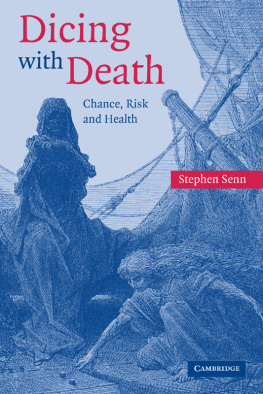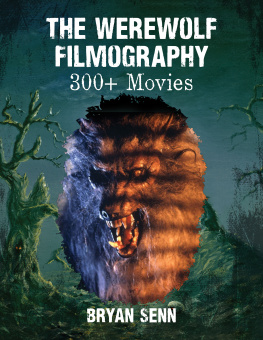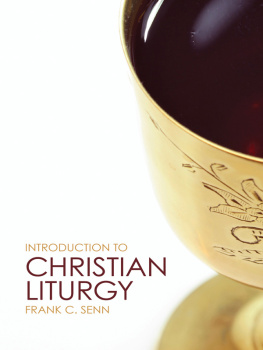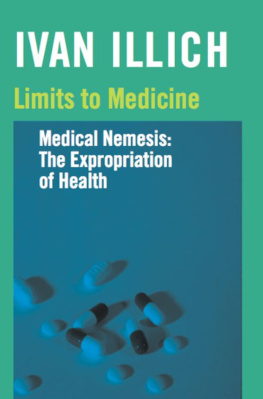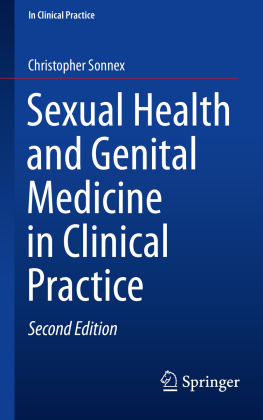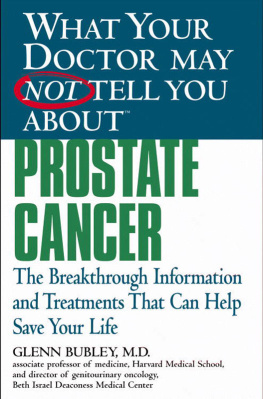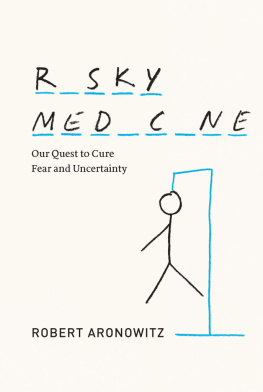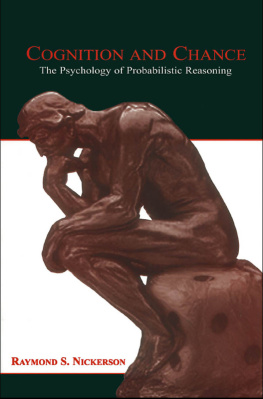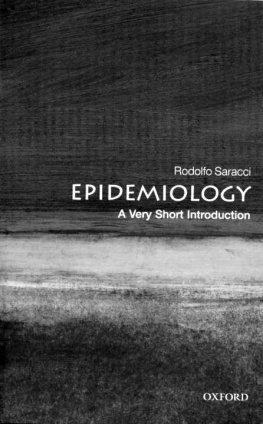Circling the square
Its my bad friend Kent Kent works at the Central Statistics Bureau. He knows how many litres of milk Norwegians drink per annum and how often people have sex. On average that is.
Erlend Loe, Naive. Super
The charisma casualty. A scientist in need of an apology and the question he dreads
Look at that miserable student in the corner at the party. He could be my younger self. He was doing well until she asked the dreaded question. What are you studying? At such a moment what would one not give for the right to a romantic answer: Russian, perhaps or drama. Ora coldly cerebral one: philosophy or mathematics or even physics. Or to pass oneself as a modern Victor Frankenstein, a genetic engineer or a biochemist. That is where the action will be in this millennium. But statistics? Its like Kenny Everetts joke about elderly women: just like Australia, everyone knows where it is but no one wants to go there. Except that people do want to go to Australia.
Some years ago there was an advert for a French film, Tatie Danielle, about a misanthropic, manipulative and downright nasty old lady which ran, you dont know her, but she loathes you already. Of most people one might just as well say, youve never studied statistics but you loathe it already. You know already what it will involve (so many tonnes of coal mined in Silesia in 1963, so many deaths from TB in China in 1978). Well you are wrong. It has nothing, or hardly anything, to do with that. And if you have encountered it as part of some degree course, for no scientist or social scientist escapes, then you know that it consists of a number of algorithms to carry out tests of significance using data. Well you are also wrong. Statistics, like Bill Shanklys football, is not just a matter of life and death. Son, its much more important than that.
Statistics are and statistics is
Statistics singular, contrary to the popular perception, is not really about facts; it is about how we know, or suspect, or believe, that something is a fact. Because knowing about things involves counting and measuring them, then, it is true, that statistics plural are part of the concern of statistics singular, which is the science of quantitative reasoning. This science has much more in common with philosophy (in particular epistemology) than it does with accounting. Statisticians are applied philosophers. Philosophers argue how many angels can dance on the head of a needle; statisticians count them.
Or rather, count how many can probably dance. Probability is the heart of the matter, the heart of all matter if the quantum physicists can be believed. As far as the statistician is concerned this is true, whether the world is strictly deterministic as Einstein believed or whether there is a residual ineluctable indeterminacy. We can predict nothing with certainty but we can predict how uncertain our predictions will be, on average that is. Statistics is the science that tells us how.
Quacks and squares
I want to explain how important statistics is. For example, take my own particular field of interest, pharmaceutical clinical trials: experiments on human beings to establish the effects of drugs. Why, as a statistician, do I do research in this area? I dont treat patients. I dont design drugs. I scarcely know a stethoscope from a thermometer. I have forgotten most of the chemistry I ever knew and I never studied biology. But I have successfully designed and analysed clinical trials for a living. Why should it be that the International Conference on Harmonisations guidelines for Good Clinical Practice, the framework for the conduct of pharmaceutical trials in Europe, America and Japan should state, The sponsor should utilize qualified individuals (e.g. biostatisticians, clinical pharmacologists, and physicians) as appropriate, throughout all stages of the trial process, from designing the protocol and CRFs and planning the analyses to analyzing and preparing interim and final clinical trial reports.we need quacks but these squares who go around counting things, what use are they? We dont treat patients with statistics do we?
High anxiety
Of course not. Suppose that you have just suffered a collapsed lung at 35000 ft and, the cabin crew having appealed for help, a doctor turns up. A Ph.D. in statistics would be as much use as a spare statistician at a party. You damn well want the doctor to be a medic. In fact this is precisely what happened to a lady travelling from Hong Kong to Britain in May 1995. She had fallen off a motorcycle on her way to the airport and had not realised the gravity of her injuries until airborne. Luckily for her, two resourceful physicians, Professor Angus Wallace and Dr. Tom Wang, were on board. Initially distracted by the pain she was experiencing in her arm, they eventually realised that she had a more serious problem. She had, in fact, a tension pneumothorax, a life-threatening condition that required immediate attention. With the help of the limited medical equipment on board plus a coat hanger and a bottle of Evian water the two doctors performed an emergency operation to release air from her pleural cavity and restore her ability to breathe normally. The operation was a complete success and the woman recovered rapidly.
This story illustrates the very best aspects of the medical profession and why we value its members so highly. The two doctors concerned had to react quickly to a rapidly developing emergency, undertake a technical manoeuvre in which they were probably not specialised and call not only on their medical knowledge but on that of physics as well: the bottle of water was used to create a water seal. There is another evidential lesson for us here, however. We are convinced by the story that the intervention was necessary and successful. This is a very reasonable conclusion. Amongst factors that make it reasonable are that the womans condition was worsening rapidly and that within a few minutes of the operation her condition was reversed.
A chronic problem
However, much of medicine is not like that. General practitioners, for example, busy and harassed as they are typically have little chance of learning the effect of the treatments they employ. This is because most of what is done is either for chronically ill patients for whom no rapid reversal can be expected or for patients who are temporarily ill, looking for some relief or a speedier recovery and who will not report back. Furthermore, so short is the half-life of relevance of medicine that if (s)he is middle-aged, half of what (s)he learned at university will now be regarded as outmoded if not downright wrong.
The trouble with medical education is that it prepares doctors to learn facts, whereas really what the physician needs is a strategy for learning. The joke (not mine) is that three students are asked to memorise the telephone directory. The mathematician says, why?, the lawyer says, how long have I got? and the medical student says, will the Yellow Pages also be in the exam? This is changing, however. There is a new movement for evidence-based medicine that stresses the need for doctors to remain continually in touch with developments in treatment and also to assess the evidence for such new treatment critically. Such evidence will be quantitative. Thus doctors are going to have to learn more about statistics.
It would be wrong, however, to give the impression that there is an essential antagonism between medicine and statistics. In fact the medical profession has made important contributions to the theory of statistics. As we shall see when we come to consider John Arbuthnot, Daniel Bernoulli and several other key figures in the history of statistics, many who contributed had had a medical education, and in the medical specialty of epidemiology many practitioners can be found who have made important contributions to statistical theory. However, on the whole, it can be claimed that these contributions have arisen because the physician has come to think like a statistician: with scepticism. This is plausible, how might it be wrong? could be the statisticians catch-phrase. In the sections that follow, we consider some illustrative paradoxes.

